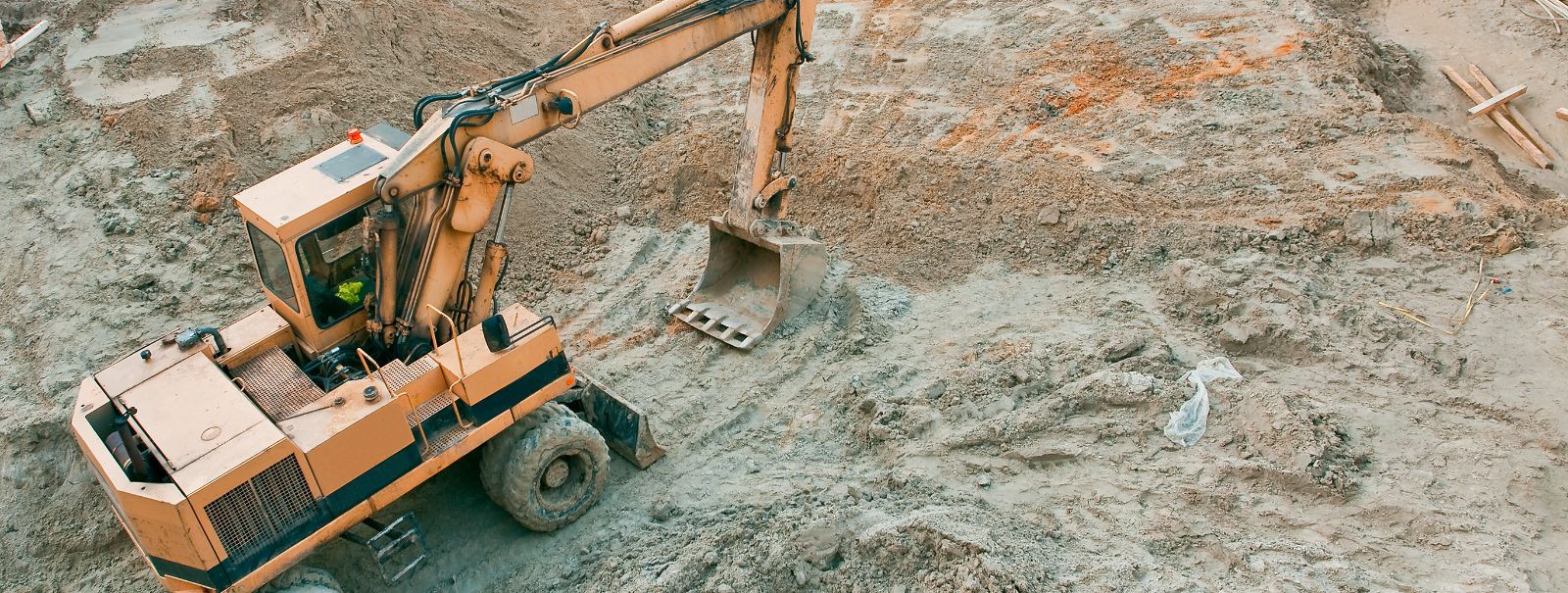The importance of precision in excavation work
Excavation is a foundational process in construction and landscaping that involves the removal of soil, rock, or other materials from a site to form a cavity or hole. The purpose of excavation can range from site preparation for building foundations to creating drainage systems and shaping landscapes.
Precision in excavation is the accuracy and control within which excavation work is carried out. It ensures that the excavation meets the exact specifications required for a project, which includes dimensions, depths, and slopes, without unnecessary disturbance to the surrounding environment.
The Role of Precision in Various Excavation Projects
For construction projects, precision is critical in preparing a site to ensure that the foundation is laid on solid and level ground. This is essential for the structural integrity of the building and for preventing future issues such as uneven settling or water damage.
In infrastructure projects such as roads, bridges, and utilities, precision excavation is vital for aligning components correctly and ensuring that the infrastructure functions as intended.
Precision is equally important in landscaping projects, where the aesthetic and functional aspects of the design rely on meticulous excavation work to create features like ponds, terraces, and drainage systems.
Consequences of Inaccurate Excavation
Inaccurate excavation can lead to structural issues in buildings and infrastructure, resulting in costly repairs and potential safety risks.
When excavation lacks precision, it often leads to project delays as additional work is required to correct mistakes. This can also result in significant cost overruns due to wasted materials and extra labor.
Poorly executed excavation work can create safety hazards on-site, including the risk of collapses and accidents, which can have severe consequences for workers and the public.
Technological Advancements for Precision Excavation
Modern excavation techniques include GPS and laser-guided systems that provide real-time data to operators, ensuring that excavation is carried out with high precision.
3D modeling software allows for the planning and simulation of excavation projects before ground is broken, reducing the likelihood of errors and enabling more accurate excavation.
The use of automated and robotic excavators is on the rise, offering even greater precision and efficiency in excavation work.
Best Practices for Ensuring Precision in Excavation
Before excavation begins, thorough planning and site analysis are crucial to identify potential challenges and determine the best approach for precision excavation.
Selecting the appropriate machinery for the specific needs of a project is essential for achieving precision. This includes considering the size and capabilities of the equipment.
Having a skilled workforce with the right training is fundamental to precision excavation. Continuous training ensures that operators are up-to-date with the latest techniques and technologies.






Comments (1)
Looking for reliable and efficient Construction Machinery in Qatar? We offer a wide range of premium equipment to power your construction projects, from excavators and loaders to compact tools and heavy-duty machines. Arabian Supply Center stands as a trusted partner in the industry, delivering high-performance machinery backed by expert service and genuine spare parts. visit us https://www.asc.com.qa/
Dropdown